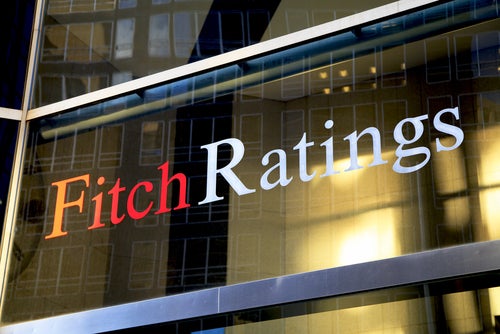
The UK’s five largest banks – four of which run active asset finance divisions or subsidiaries – raised £7bn of expected credit losses in Q1 2020, according to Fitch Ratings.
Fitch, a provider of global credit ratings, said the Q1 credit losses – notched up by Barclays, Royal Bank of Scotland Group, Santander UK Group, Lloyds Banking Group and HSBC Holdings – is higher than the £6.1bn for the whole of 2019.
Of the five UK banks named, RBS’ subsidiary Lombard (Lombard North Central), is arguably the UK’s largest provider of asset finance. Lloyds Bank Asset Finance and HSBC Equipment Finance (UK) are subsidiaries of their parents, Barclays runs an asset finance division, and Santander UK said in September 2019 that it was winding down its asset finance subsidiary (and would no longer be open for new business).
Fitch said the losses were all absorbed by pre-provision profitability owing to good domestic economic conditions in the first two months of 2020 and for those with sizeable investment banking operations, substantial trading income in March.
£4.1bn of the reported expected credit losses were triggered by forward-looking expectations that the UK and other relevant economies will deteriorate as a consequence of the Covid-19 pandemic, the group said.
Expected credit losses also included £1.2bn relating to specific cases, unrelated to the lockdowns, but potentially brought to light by deteriorating economic conditions, Fitch said.
All banks expect that the UK economy will deteriorate sharply in 2020, but the assumed depth of the downturn and shape of the recovery varies.
Where disclosed, the low weight assigned to a baseline Covid-19 scenario (30% at Lloyds, Santander UK, 47% at Barclays) shows a high degree of uncertainty, and in the case of Lloyds and Santander UK, alternative scenarios are weighted on par with the baseline.
Coverage of gross loans by impairment allowances ranges from 2.1% at Barclays, which has a higher proportion of ‘stage 2’ loans requiring lifetime provisions, to 0.5% at Santander UK, Fitch said.







